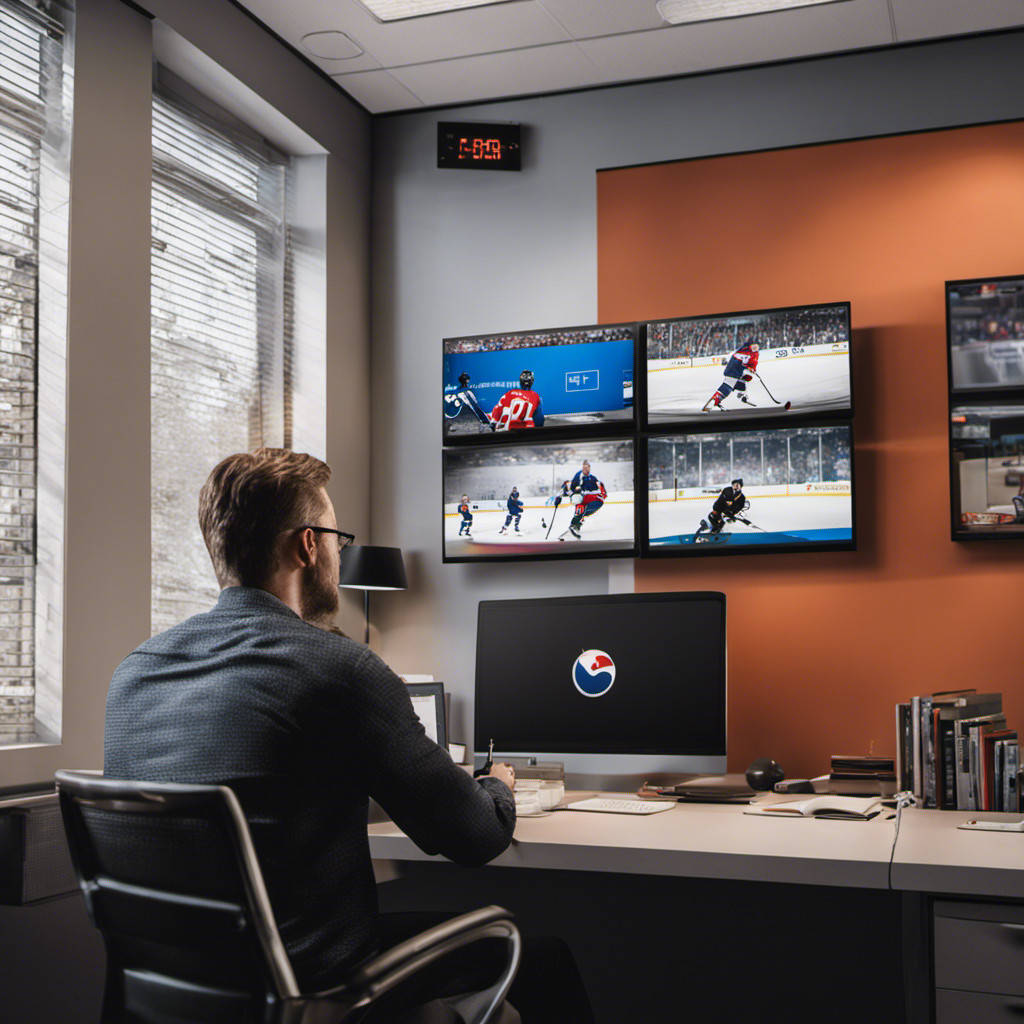More on Solving Hockey Problems
As I do sort of a sequel to some earlier posts on solving hockey training problems, I’m almost thinking that a kzillion other articles and videos could have been titled almost the same. After all, what I’ve done for years is to mainly troubleshoot — for the sake of my players, my students, their parents and a lot of other coaches. And, chances are good that you also have to do tons of problem solving if you’re a hockey player, parent or coach.
That said, let me share what got me going on my current rant…

Recently I corresponded with a hockey friend who was having some ankle and hip problems. I made sure I told that young lady player that I’m not a doctor, and that my ideas and experiences should not replace her seeking professional medical advice.
That out of the way, I did share with her my thoughts based on about 40-years of experience in such matters.
My first question — again based on experience — was to see if she’d made any recent changes — especially when it came to her skates or any other gear she wears on the lower extremities. Her first answer was, “No.” However, given a brief time think, she did say that her latest skate sharpening was not to her liking, and that it made her feel uncomfortable on the ice. Hmmmmmm…

Now again, I am not a doctor. However, think this through with me…
If a piece of gear feels the least bit uncomfortable, a hockey player is very likely to compensate in some way. In this member’s case, I suspect she may have started skating just a tad differently, which might have caused some soreness somewhere. Yes, somewhere, because I’ve seen a change in posture suddenly cause awful back problems, and pain in several other places. So, what’s the chance her way of compensating had her over-stressing her feet and ankles? Could be, huh?

With that, I might further guess that her sore ankles caused her to skate even more differently, with that resulting in some pain in her hips.
Now, this stuff is still all a guess; it’s just that it’s a fairly educated one. (I don’t know if you’ve read through the years how some Major League Baseball pitchers have had their careers ended because a foot or leg injury caused them to throw differently and to ultimately over-stress their pitching arms. But, it is so.)
All this said, today’s post IS NOT really about our young friend’s aches and pains. What it IS about is our need to gather as many experiences and bits of knowledge as possible, in order to be able to troubleshoot any difficulty that might come along.
Now, I have a slight smirk on my face, recalling that I used to get teased by a friend who liked to say that I “know too many facts”. That discussion ended, however, when I ran across an article whereby it was stated that (and I paraphrase), “Common sense stems from being able to piece together numerous random facts.”
That in mind, you can imagine how helpful it can be for anyone in hockey to know not only the sciences, skills, tactics and strategies, but also the way equipment should be measured, how skates and sticks should be adapted to the individual, and so much more.
Actually, I learned how to sharpen skates in my earliest years in the game, and I studied all I could about the characteristics of a skate radius. I picked the brains of my friends in the local pro shops, and I’ve even asked a lot of questions of the Zamboni operators. Beyond my Physical Education Degree studies, I even took extra sports medicine courses outside of my formal education. And I’ve forgotten where else I’ve stuck my nose in, just trying to gain more and more “random facts”.

Okay, so the reason I’m saying all this… First, I’m hoping that a lot of the “little things” you need to know are already somewhere within the near 700 posts contained here. I’m also suggesting each member nose around as I have, asking questions wherever and whenever there’s a chance to gather a deeper understanding of our game and a player’s needs. Then, of course, I truly want you to put me to the test, and to ask me absolutely anything you’d like. Hey, I said I truly want you to.